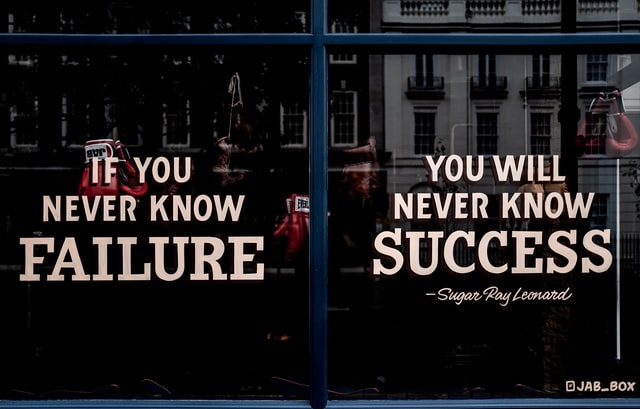Last week I attended a reception to recognize entrepreneurs and small business owners in New York City. And can I tell you, it felt great to attend an in-person business event after two years of not being able to do so. It felt great to reconnect with those I know, but haven’t seen since the start of the pandemic, and to meet other business owners – particularly those I first met via Zoom. 🙂
But you know what was weird? When people would ask how has business been (a natural question given the environment), I was both excited and grateful to be able to say, “quite well…” Yet, I was also self-conscious about it, too.
Intellectually I know my business success didn’t come at the expense of those businesses that didn’t do well. Or worse, didn’t survive. However, it felt a bit awkward to own my success at that moment.
On the hour-long train ride back to Brooklyn from Gracie Mansion, I couldn’t stop wondering why I felt compelled to contextualize my success. Why I couldn’t simply own it. Periodt (as the kids say).
Do you find yourself doing something similar?
Are you comfortable with your success – financial or otherwise?
Do you easily share your achievements? Or, are there times where you are self-conscious about doing so – even when you’re asked by people who genuinely care about your well-being?
According to Merriam-Webster, the definition of success is as follows:
“…the fact of getting or achieving wealth, respect, or fame…”
“…the correct or desired result of an attempt…”
“…someone or something that is successful : a person or thing that succeeds…”
Success, It’s Personal
But let’s face it, the official definition doesn’t reflect your personalized interpretation of success – whether that success pertains to money, business, or key relationships in your life.
It doesn’t account for certain nuances.
For example, it won’t help you address and resolve the phenomenon called the “stress of success,” which is something I’ve written about before.
The official definition doesn’t provide any guidance on how to recognize the difference between pushing yourself too hard vs. not pushing yourself hard enough. The difference is often subtle. Yet, being aware of the distinction is necessary if you want to move beyond your limits and resistance. Both of which naturally surface when it comes achieving or experiencing what you set out to accomplish.
It doesn’t help you handle the discomfort that emerges if you find yourself wrestling with embracing your success while acknowledging you may be “leaving” others behind.
Perhaps you’ve completed your year-end review and have already taken a moment to reflect – on your failures and on your successes. But on the off chance you haven’t, I am writing to remind you (a) to do so, and (b) that it takes a great deal of courage to be successful…and to own it!
So, own it!!
Own the risks you took this year. And whether the outcome was what you wanted or not, retrace your decision making process. There’s a lot to be learned from unpacking how you arrived at the choices you made and why.
Own the instances when you listened to yourself and trusted your inner wisdom. And in those moments when you didn’t, forgive yourself.
Own the times when you raised your hand to say you needed help or a second opinion. And, yet at the same time, you gave yourself permission to be discerning enough to know when to heed outside advice and when to say “thank you” and opt to not take it.
Own those moments when times got tough and the situation caused you to grow, change, and learn and you chose to have a growth mindset — when you really didn’t want to. 🙂
As you know, success doesn’t happen without growth and discomfort. Therefore when you experience it, claim it and claim ALL of it. The “small” wins along with the “large” ones.
In these final days and weeks of 2021, don’t just reflect and focus on where you fell short of your goals. Give yourself the credit you deserve. Double-down on embracing and celebrating your success – especially if you find it a bit awkward to do so.
You know why? Because when you’re comfortable with your success you show others how to be and do the same.





